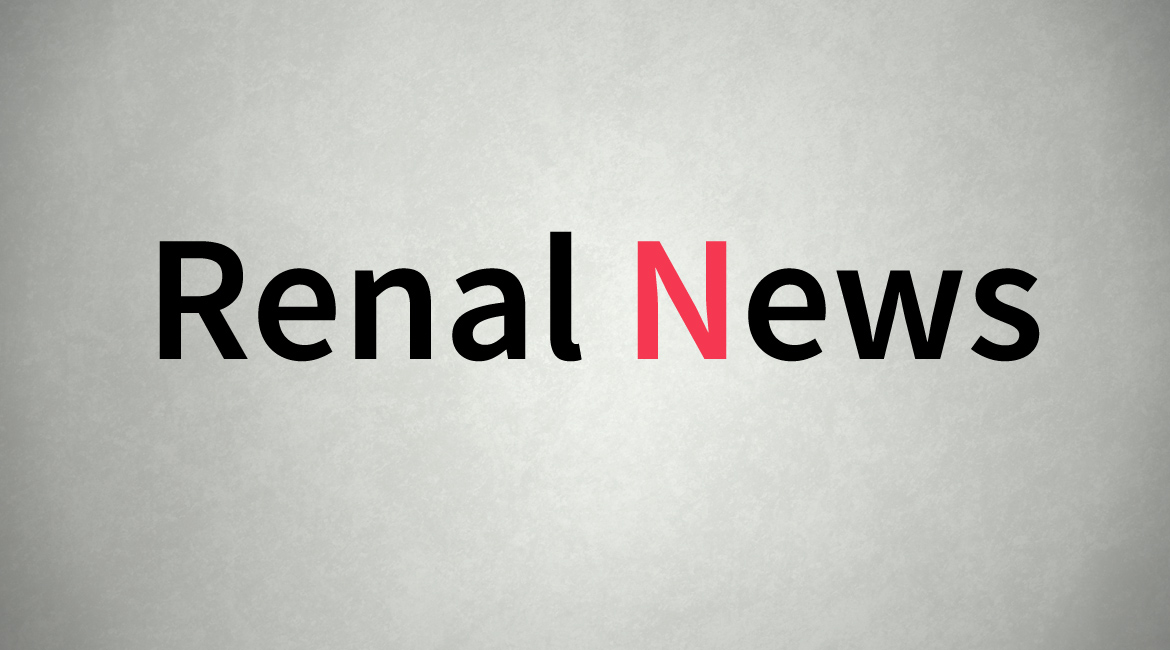
February is Heart Disease Awareness month, and The Iya Foundation, Inc is spreading awareness about High Blood Pressure and kidney disease, as well as the importance of health management to prevent these chronic health conditions. High Blood Pressure is the number 2 leading cause of kidney failure; following diabetes which is the # 1 leading cause of kidney failure.
Blood pressure is when pressure is formed in the arteries due to blood being pumped through them and the veins. When blood pressure is checked, it tells how hard the heart is working to pump your blood. High blood pressure also called hypertension occurs when the heart is working harder than normal to pump blood in the body. This is bad for the body and can damage the tiny filters in the kidneys. When that happens, it could lead to kidney disease and consequently, kidney failure. High blood pressure can also be caused by many things, including kidney disease.
Although anyone can develop High Blood Pressure, you are at increased risk if you:
- Are over 45 years old
- Are overweight
- Are African-American
- Have a family member with high blood pressure
- Eat a diet high in salt
- Drink too much alcohol
- Smoke
Although some of the risk factors such as age, family history, and race can’t be changed, factors such as weight can be controlled. These kinds of simple healthy changes can help you prevent or control High Blood Pressure and help protect your kidneys.
Symptoms of High Blood Pressure
High blood pressure usually has no symptoms. The only way to know for sure is to be checked. Your doctor can check your blood pressure in the office, or you can check your blood pressure at home using a digital blood pressure monitor. In certain situations where the blood pressure is extremely high, the individual may experience severe headache, fatigue or confusion.
For most people a normal blood pressure is less than 120 over 80 or “120/80.” If either number is high, your blood pressure is high. Ask your doctor what your blood pressure should be. Also ask your doctor how often you should check your blood pressure.
The following steps can help individuals with high Blood Pressure control their disease and prevent or delay complications:
- Learn About High Blood Pressure. High Blood Pressure is serious because it can damage your heart, blood vessels, kidneys, and nerves
- Know Your Numbers. Ask your doctor what diabetes and high blood pressure target numbers are best for you. Learn about your A1C, blood pressure, and cholesterol numbers (known as the ABCs of diabetes) and the following ABCs of Heart disease A: Take aspirin as directed by your health care provider, B: Control your blood pressure,
C: Manage your cholesterol, S: Don’t smoke - Manage Your High Blood Pressure and Diabetes. Keep track of your numbers, be active on most days of the week, eat healthy, and don’t smoke
- Get Regular Care. Contact your health care team if you have any questions or problems as you manage your high blood pressure, diabetes, medicines, or supplies
Ways to prevent kidney Disease:
- Get Tested. Early detection saves lives; it could delay kidney failure and possibly prevent kidney failure. Talk to your doctor about being tested for diabetes, high blood pressure, and kidney disease. Many patients with kidney disease never have any symptoms until it is too late. Ask your doctor to perform a blood and urine test for kidney disease
- Eat right. Eat food low in fat and cholesterol. Eat foods that are high in fiber; and limit how much alcohol you drink
- Live healthy. Exercise, keep a healthy weight, don’t smoke or use tobacco, and treat bladder and kidney infections fast
- Manage diabetes and high blood pressure. Diabetes and high blood pressure cause about 3 out of 4 cases of kidney failure
Think you may have High Blood Pressure or at risk? Ask your doctor about being tested for diabetes, high blood pressure, as well as your kidney functioning.
Already suffering from High Blood Pressure? Talk with your doctor on how to best manage it in order to prevent or slow high blood pressure kidney disease and eventual kidney failure.
With your support, The Iya Foundation, Inc is confident a feasible detection, surveillance and treatment program can be established to slow, and possibly prevent the progression of kidney disease in the U.S, and particularly in the African Immigrant Community in the U.S.
Click here to support The Iya Foundation, Inc.

